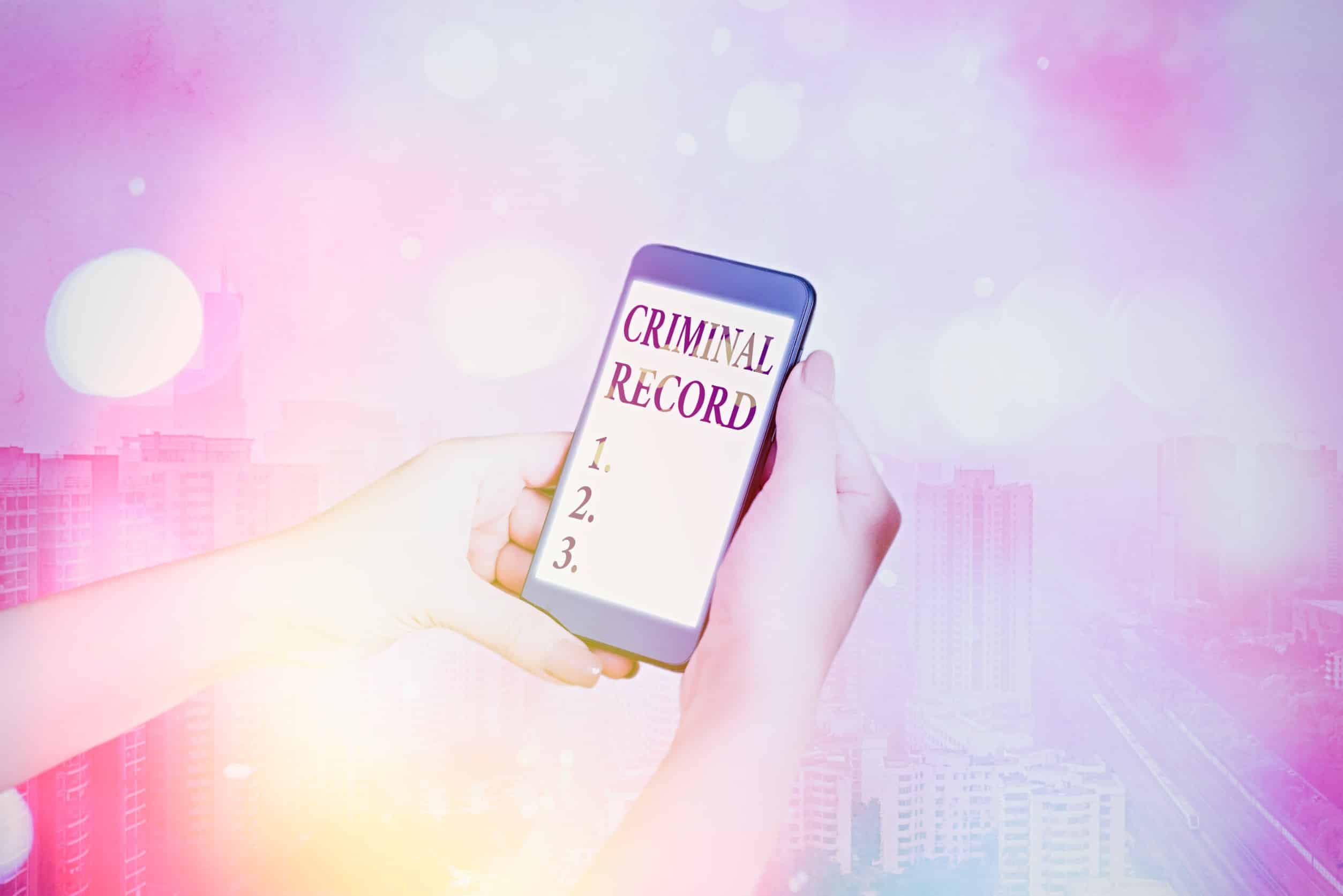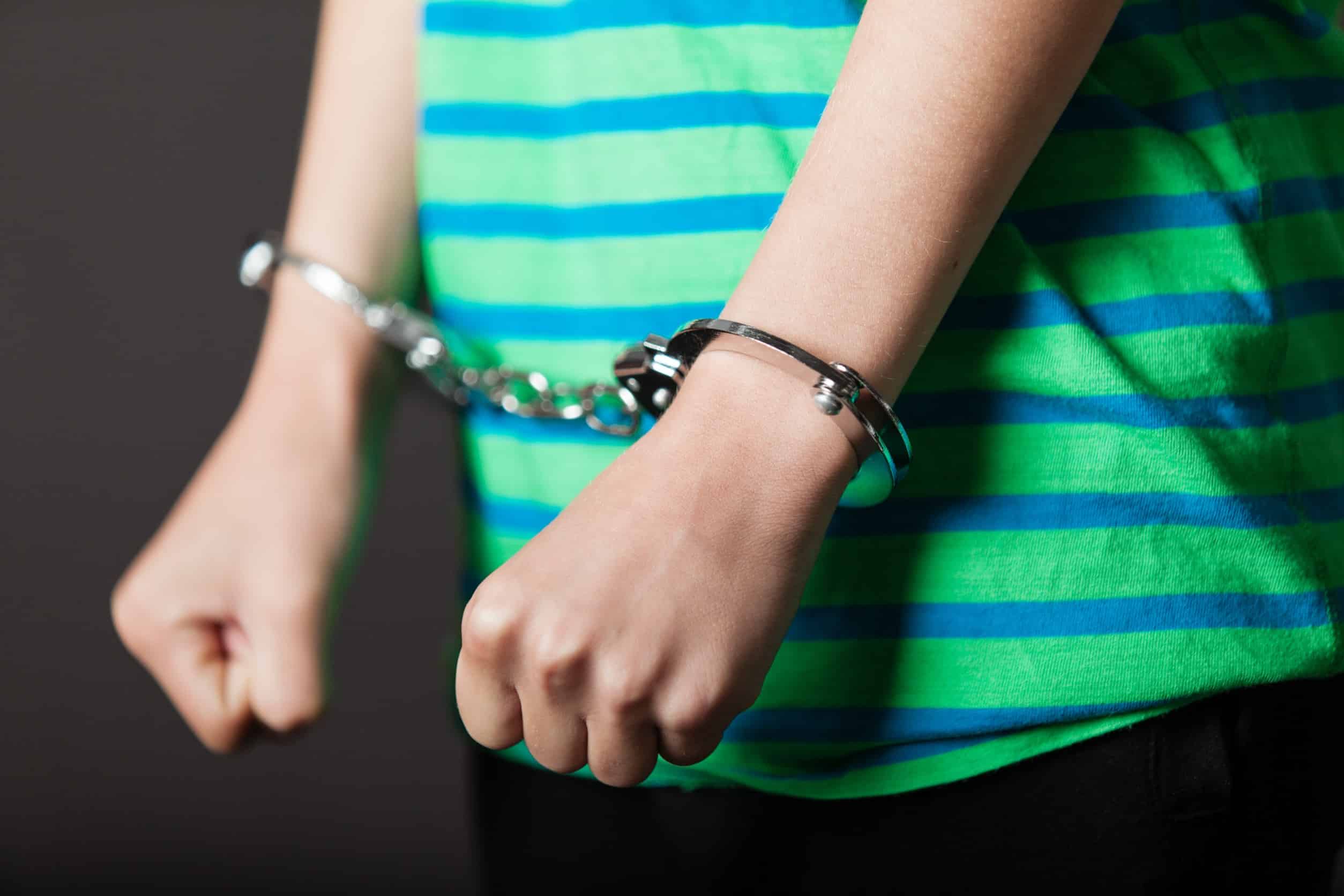 Many adults seek to have their criminal records expunged in Minnesota, but what about juvenile expungements? After all, crimes a person gets convicted of in their youth shouldn’t lead to lost opportunities when they become adults.
Many adults seek to have their criminal records expunged in Minnesota, but what about juvenile expungements? After all, crimes a person gets convicted of in their youth shouldn’t lead to lost opportunities when they become adults.
There is a process for juveniles to get their records expunged in the state, but it’s a different process than adult expungement. If you or someone you love is looking into getting their juvenile record expunged, then it’s essential to understand how the process works and if the record is even eligible. Read on to find out what you need about juvenile expungements in Minnesota.
What Is Juvenile Record Expungement?
When a person of any age asks for their Minnesota criminal record for expungement, they ask the court to hide their records from public view. Expungement for juveniles and adults does not entirely erase the record. Instead, it simply means the records will not be available to the public through background searches or other means.
Juvenile records get sealed from public view, but the public can access them in several ways. A Juvenile record gets filed when the crime committed would have been a felony if they were adults. Or if the juvenile was at least 16 at the time of the offense and was found guilty.
Factors Influencing Expungements for Juveniles
In Minnesota, when a request to expunge a juvenile record is received, the burden resides on the individual to prove they are not a risk to public safety.
The court looks at several factors when deciding whether to approve an expungement petition. These factors include:
- The age, experience, background, and education of the petitioner included their emotional and mental development since the offense occurred
- The nature and severity of the offense, including mitigating or aggravating factors involved
- The impact of the offense on the victim as well as the community
- How involved the person asking for the expungement was in the process of planning and carrying out the offense
- The criminal history of the person asking for the expungement
- What history the person asking for the expungement has with community programs and their willingness to participate in these programs
- The potential the petitioner has for rehabilitation
- How the expungement would benefit the pursuit of education, housing, employment, and other vital factors in the life of the petitioner
It’s also important to note that, unlike adult expungement cases, there is no limitation on the level of offense or type of offense that can get expunged in juvenile record cases. There is also no waiting period for juvenile expungement petitions to be filed. Instead, the court looks at the age of the person asking for the expungement and their mental capacity. The case gets examined from the beginning to determine if the individual will be a threat to the community if the record gets expunged.
If you want your juvenile record expunged, then an expungement request has to be submitted to the court. The best thing you can do to ensure this process goes smoothly and that you are representing your case in the best way possible is to hire an experienced attorney to help.
About the Author:
Christopher Keyser is an AV-Preeminent rated criminal and DWI defense attorney based in Minneapolis who is known for fighting aggressively for his clients and utilizing innovative tactics to get the most positive results. He has been featured in numerous media outlets due to the breadth and depth of his knowledge and has been named a Certified Specialist in Criminal Law by the Minnesota Bar Association. Mr. Keyser is Lead Counsel rated, and he has received recognition for his criminal law work from Avvo, Expertise, Super Lawyers, The National Trial Lawyers, and more.






